The Milky Way of Things
Why breastfeeding isn’t just about research studies and public health and antibodies-it’s a birthright
To nurse a baby is to be a bridge.
A bridge from womb to world. From astral unknowns to Earthly delight. From soul to soul.
The milk we make is not neutral, it is wholesomeness made tangible, is is goodness manifest.
In a place and time so wrought with malignant sterility, being a beacon of bountiful nourishment and vital abundance is a crown on our heads, a reminder of what we are made of, a blessing of servitude.
Making milk is an act of care and devotion to beauty, to the feminine, to the earth and to the flowers, to the sweet souls we may bridge from the before that exists within us to the after that is life.
Bare-breasted, swollen, sticky and round, the new mother does the work of every women before, a living prayer full of ancestral love, giving with no bounds.
Made of blood, alchemized into overflowing gentleness.
Just as we water the wheat field in order to eat well, we nurse our babies so that they may live well.
Mother’s milk is a devotion to hope.
Up until now, a good portion of what I have shared on the topic of lactation has focused on how the experience is being co-opted and inverted by both men and corporations. Today, I want to focus on the reason why I care so much in the first place. My disdain for the industrialization and the subversion of this bodily function (a gift, a chore, a responsibility) rises from a place within me that understands in the most visceral of ways that this act is sacred and to be venerated by not just women but all people. It is the act upon which our species has survived and it is the act upon which our species could thrive, if only we would let it be. “Let it be” in this case means to dissolve all of the ways it is monetized and to strike down all of the ways it is trivialized.
I care about breastfeeding not just because it has a multitude of health benefits for both mother and baby, or financial superiority in terms of investment needed, or because it works best in emergency situations, or because it reduces public health and insurance costs-I care about breastfeeding because it is our birthright to both be nurtured in this way as infants and also to nurture our babies in this way as mothers.
I have been immersed to some degree in the realm of lactation for 13 years now. My introduction to breastfeeding began when I was 20 years old, pregnant with my first child, recently sober from an IV heroin addiction and looking for the ways in which I could redeem myself. A fierce dedication to breastfeeding my daughter became the way in which I sought and received that redemption. From God, from my daughter, from myself-the act of persevering through the throes of a very difficult breastfeeding experience felt like just that-a redemption. A daily practice of resolve and vulnerability matched with steadfastness and love. Breastfeeding was the way in which I came back into myself as a woman and new mother, and contributed to my allowing myself to stop identifying as “addict” and instead as a good mother.
Does breastfeeding make one a good mother? Many would say no, but I disagree. I do think the truth of the matter is that choosing to align with what is physiologically written as blueprint for our children if we are at all able is a way in which we become good mothers. By no means is it the only way, but it is in fact a way. A way toward the sort of valor that is required of the good mother. Yes, it is purely biological, but it is a way-finder of sorts-it makes the path towards other aspects of good motherhood more clear. Pushing through the physical and emotional hard parts of breastfeeding makes pushing through future hard mom things all the more accessible and mentally feasible.
From my years nursing my first daughter to working at my local WIC clinic as a breastfeeding peer counselor for other women in my community, to being the go-to mom friend to call when lactation hiccups occurred amongst my peers (perhaps this was by default as I was the first of my friends to give birth), to working as a L&D RN, to freebirthing and tandem nursing my second and third babies, to working as a postpartum nurse/lactation consultant and getting certified-my life has been centered around mother’s milk and the women (including myself) dedicating a portion of themselves to the making and giving of it for many years now. I have a collective 11+ years of nursing of my own children (there is overlap!) as my grounding element and foundation in both my advice-giving and my perspective here.
There will come a time in my own life where making milk will no longer be relevant, but I do not foresee a time where helping other women to do so will become irrelevant. I see the strangeness in this. Breastfeeding should need no helping hand, and yet it does in our day and age in the Western world. Children do not grow up seeing women nursing their babies in the way they would have in the past. This socially-learned behavior has suffered as a result. When I used to nurse my babies at the park and small children would stare or ask me questions, I hoped in some small little corner of their brain they would hold this image of mother-baby normalcy, so that future generations may not struggle to breastfeed in the way we see now.
The following, from Gabrielle Palmer’s “The Politics of Breastfeeding” illustrates just how preposterous the current situation is:
“Ordinary women tend to know about breastfeeding. In many less-developed societies, the idea of being unable to breastfeed does not exist. When anthropologist Leslie Conton asked Usino women in Papa New Guinea (PNG) about breastfeeding they were amazed:
‘Why does she ask us all this? All women know how to breastfeed!’ and they laughed at the thought that she might not know how to feed an infant. As Conton points out, most adult skills were learned by observation and practice, rather than verbal instruction, so the idea of formulating verbal descriptions of the breastfeeding process was strange.”
In the in-between between the last 90+ years (breastfeeding rates started dropping dramatically in the 1930’s) and the future where women hopefully do not need things like lactation consultants, the dedication women have to one another in the form of lactation support is still very much needed. It is needed and I personally think there is a certain, specific way to approach it if we want to see a future where babies are fed the milk that is made just for them.
These include:
•Mother-to-mother support: women who have never breastfed a baby (and men) don’t have the experiential resourcing needed to provide full spectrum lactation guidance. Also, more than women need highly trained professionals, they simply just need other women to be honest and willing to help them.
•Support that isn’t strictly by-the-book but which is attuned to specific mother-baby dyads and their special and unique dynamics: I used to be very into herbalism as a hobby. My ability to find meaningful time for it has suffered but something that sticks in my mind is that good herbalists don’t just look at a symptom and look at a list of herbs that treat that symptom and throw those herbs at it. There is a lot more taken into consideration. 1+1 does not always equal 2 when the complexities of human existence are being considered. This is something to keep in mind with breastfeeding as well.
•A focus on NURSING AT THE BREAST: Babies are meant to suckle at their mother’s breast, spend the majority of their time there, skin to skin, and with the nipple easily accessible to them. Many issues with early nursing could be remedied if babies were allowed these simple graces. Instead, they are often put on schedules, kept swaddled, and put down to sleep in a separate area from their mothers. This disrupts the natural way of things that protects milk supply and ample caloric intake for babies. Not only this, but there is an over-reliance on pumps. A tricky topic, one that is sure to be controversial as they are tools that are sometimes necessary, but not in the way we see them used or at the rate we see them used. We cannot bond with a milking machine, and using them should be a last resort.
•Less reliance on tech and products in general: Adding to the last point, we have to stop introducing gadgets into a process that most often simply doesn’t require them. We do not need things like apps to remind us when to feed our babies, we do not need bottle warmers or lactation cookies, we do not need things like the forthcoming “Nfant Breast”, a new tool to help measure the amount of milk in a woman’s breast. Where over-complication prevails, so too does self doubt.
•An awareness on behalf of all birth workers and women about just how much birth impacts lactation: This is another place where there is a disconnect. We tend to separate these phases and elements- pregnancy, labor, birth, postpartum, lactation, mother, baby. They are in reality all heavily intertwined. The choices made by women and the choices made for women in labor and birth have a consequential impact on breastfeeding. Without acknowledging this and mitigating risk and harm from the get-go, we are failing women and babies.
•An approach that recognizes that it is the right of the woman to breastfeed her baby, and it is the right of the baby to nurse from her mother: It isn’t a mere desire, it isn’t “crunchy”, and it isn’t even just about the health benefits or relationship, it is about aligning with the basics of mammalian existence.
Before the comments about how this framework is reliant on “privilege” trickle in, know this: I fully understand that not every woman can manage to do the things that result in exclusive nursing. For medical reasons, financial reasons, familial reasons, etc. I know. And in knowing this, my hope is that as more women receive this sort of support, as more small children and teens see their own mothers nursing their siblings with ease, as more women put their foot down about making the space in their lives needed for a sustained breastfeeding relationship-that those exceptions will begin to shrink in numbers. This is because this sort of support has the power to shift the woman’s experience. It has the ability to fulfill the infant’s true needs. It has the ability to shift the culture in individual families around nursing-and that will have a trickle out (to the community) and down (to future generations) effect. And then maybe women like myself will be out of a job and I will be happy with that.
The last point in that list is the most significant. We should think of babies not being given their breast milk as a tragedy. Just as the “cord blood” we make a fuss about with “delayed cord clamping” is really just the baby’s blood (and “delayed” makes it seem like a special exception when really the opposite should be true)-so too is breast milk simply the baby’s milk. Yes, it is produced in the breast, and we call it endearingly “Mother’s Milk” (and it is of course), but in perceiving of it the most truthfully, it is the baby who this milk is made for and it is the baby who is naturally owed this most precious possession. There will always be situations in which a baby cannot receive this milk and for this fact we should be able to hold gratitude for the modern resourcing that is available to keep these babies fed and growing alongside an understanding that in utilizing those resources, something is lost. To think of it any other way is to diminish the truth, the truth of the infant’s most basic and fundamental needs. If we acknowledged this, maybe there would be less babies who are deprived based on preferences and not necessity.
That deprivation is largely due to the unethical marketing practices we see both today and historically on the part of formula companies, often co-signed by pediatricians along the way. These messages have long infiltrated society, and this has passed from generation to generation. It’s a convenience issue built on a foundation of a trust issue. Formula manufacturers have pandered to mothers about making our lives easier (More sleep! Less fuss!) since the beginning, and used the language of science to legitimize their claims all the while instilling women with a sense of suspicion. This suspicion is directed at their bodies, their potentially faulty, unpredictable bodies. And when a woman is raised by a mother who chose the route of formula feeding based on this marketing, she will often have to hear these own messages not only from modern ads but also from her own mother in the early and vulnerable days of breastfeeding.
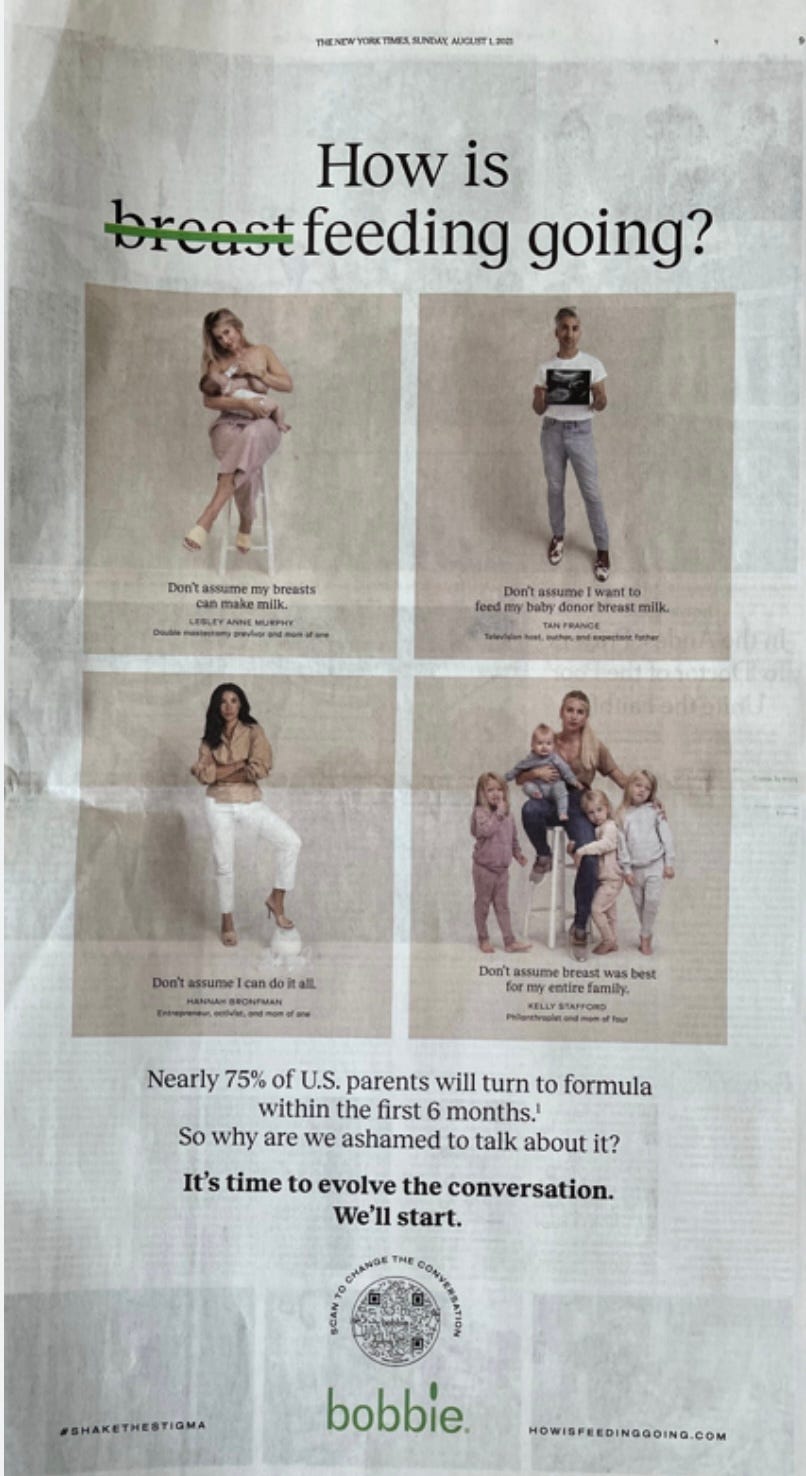
We should be able to look at this situation and absolutely see how vile and upsetting it is. Yet there now seems to be a disconnect. Despite the multitude of research that tells us how beneficial nursing is for a myriad of reasons, despite common sense, despite human intuition-we fail here. We make excuses, we make allowances that aren’t necessary, we say “oh well” and “it doesn’t matter, they won’t remember later, who can tell a 20 year old who was breastfed from a 20 year old who was fed formula anyway?”.
The issue is the replacement of both human substance and human nurturing. Nursing a baby at the breast is a very specific experience. Giving a bottle is not the same. I can pretty fairly assume so many people would disagree and argue over this statement but consider this-we let others feed our babies bottles with no issue. In fact, many women claim a good reason to not nurse is so that others can feed the baby for them. Breastfeeding though? Suggest another woman nurse a baby who isn’t her own in this day and age in the Western world and people are up in arms ( note-I’m not personally opposed to women wet-nursing one another’s babies in certain circumstances). This is because we innately know this is a very different experience. A much more intimate and emotionally complex experience, an entire relationship. Pretending otherwise in the name of convenience and preference is a symptom of another way in which adult wants are given priority over children’s needs. It is the birthright of the human baby to receive the milk made for them from the woman whose body makes it without any conscious action on her part, their mother.
We must also recognize the same for the mother. It is her birthright to feed her babies the milk she makes. There is a natural entitlement to breastfeeding that every woman possesses. It is a matter of staking claim to that right. Just as a newborn baby being deprived of the milk made for them is tragic, so too is a mother being deprived of this role and experience-no matter the reason, and the reasons are numerous. This is the root problem, the list of reasons needs to be condensed. From frivolous reasons to reasons that exist because the woman has been told she is flawed in some way by a medical professional-they need to be critically examined.
In particular, the woman who states “I just don’t want to” as her reason comes to mind. So often we take this at face value and move on. She is an adult, after all, and she is this baby’s mother. She has free will. But this statement and other similar statements need to be explored, as there is always a deeper reason behind those words and it should be discussed and dissected. Not necessarily by healthcare professionals but by other women in her life. I have been that person many times, and often I have found that the deeper reason has nothing to do with the mother’s true desires, and has everything to do with the expectations of others and with negative stories.
The stories. The stories of “my own mother never made a drop of milk for me”. The stories of “none of the women in my family were able to breastfeed”. The stories of pain and complications and sleeplessness from a mother-in-law. The stories about “my breasts will sag”. The stories about how a doctor of some sort many years before told her she would never breastfeed. The stories about how it is impossible to be a teen mother and breastfeed and also still go to class. They go on and on and they have a lot of power.
The present moment offers the opportunity for a re-write of these stories. We can pen love notes full of milk and honey. We can scrawl down the honest truth of the struggle but also of the triumph. We can inscribe our words onto the hands of our daughters, words of delight and awe and purpose and duty. The opening of this essay are my words, my many stories concisely pieced together into my own love note. An ode to the act that showed me that my most animal self mirrored my most holy self, and which sustained my babies’ bodies and hearts.
The story shared in the above image, about Hercules and Hera and the naming of our galaxy after mother’s milk, is the sort of legendary story women deserve to hold in our hearts. We deserve stories of epic triumph and exceptional feminine power and beauty. These are the sorts of stories that will lead women to their birthright. The one that allows her more rest, that saturates her brain in dopamine, that allows for the opportunity to be in full alignment with nature. A birthright that has the potential to bring us into ourselves, back into remembrance of who and what we are. Nursing our babies connects us to all of the women before us and all of the women after us by way of the living heritage of the milk passed along from one generation to the next, full of energetic potentiality and substance we don’t even fully comprehend.
You can purchase the cards depicted above, complete with my words and the beautiful
’s artwork here. She also has prints (and pretty clothes)!You can read about my road from IV heroin addict to a motherhood informed by breastfeeding over at
here:And lastly, you can read my words of vitriol on the subversion and monetization of lactation at the links below:
Maternal Vampirism
At the risk of belaboring a topic I am frankly completely sick of-we have to talk about it. If you have had the privilege of not having yet seen the circulating various articles on the topic, trans lactation is in the news. This time it’s not just the individuals themselves, but an institution-which is really what I am interested in coming for. I have a…
Recreational Lactation
“To You, lovely Lady of La Leche, and to your Divine Son, do I now dedicate this little baby whom our Father in heaven has given me. Grateful for the trust He has placed in me, I beg you to obtain for me the physical and spiritual graces I need to fulfill my duties at every moment. Inspire me with the motherly sentiments you felt during your days with t…
The Womanly Art of Not Playing Along
The well known and international woman-to-woman breastfeeding support organization La Leche League announced awhile back that the new edition of their core text, in circulation and widely used since 1958, The Womanly Art of Breastfeeding is undergoing a
Mammary Charlatans
The word mammal is derived from the Latin word for breast, “mamma”. Our most memorable and meaningful signifier as an animal kingdom-the ability to lactate and nurse our young- is built into our title- and it’s root is suspiciously close to the most dear of female endearments,





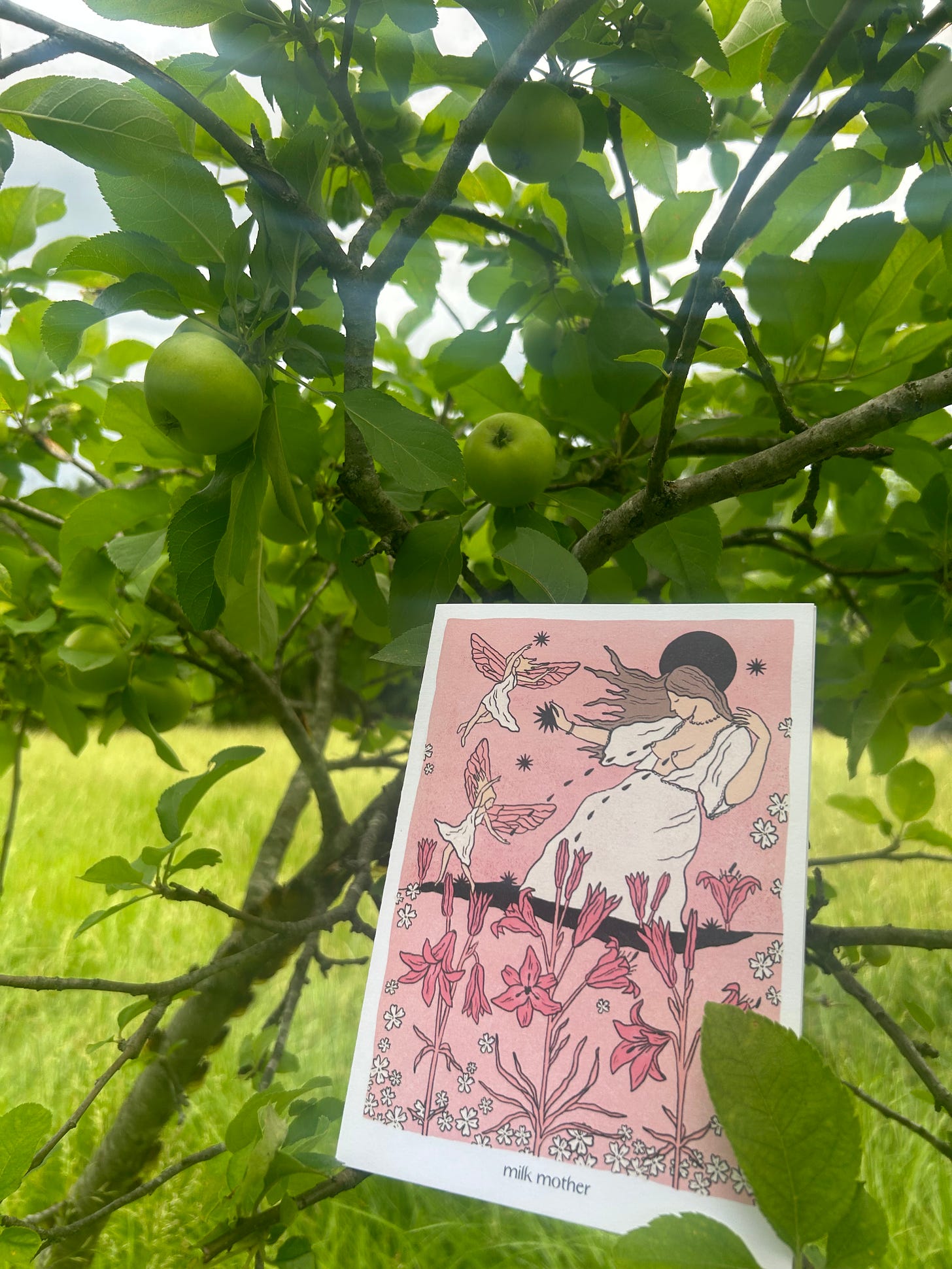
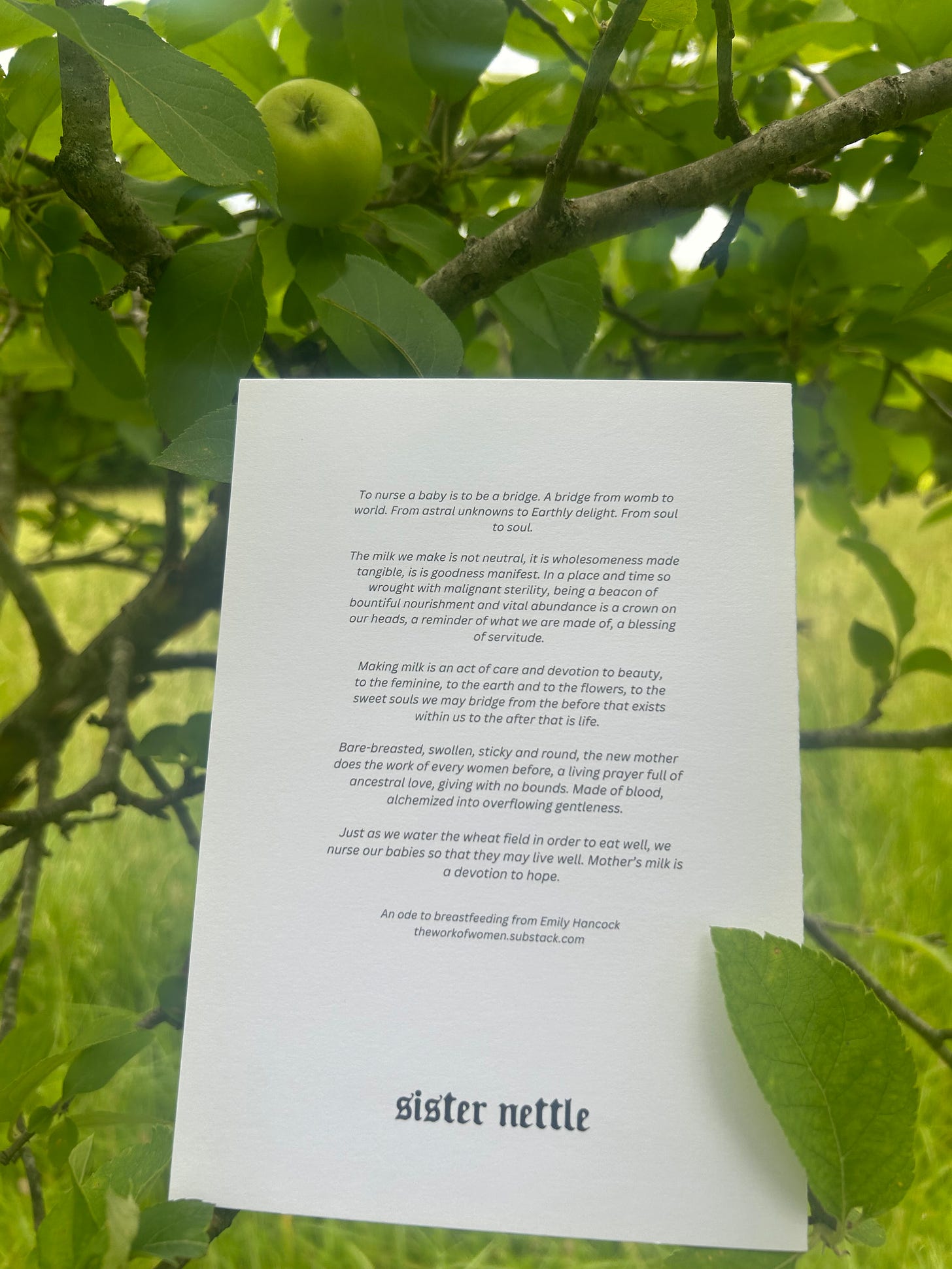
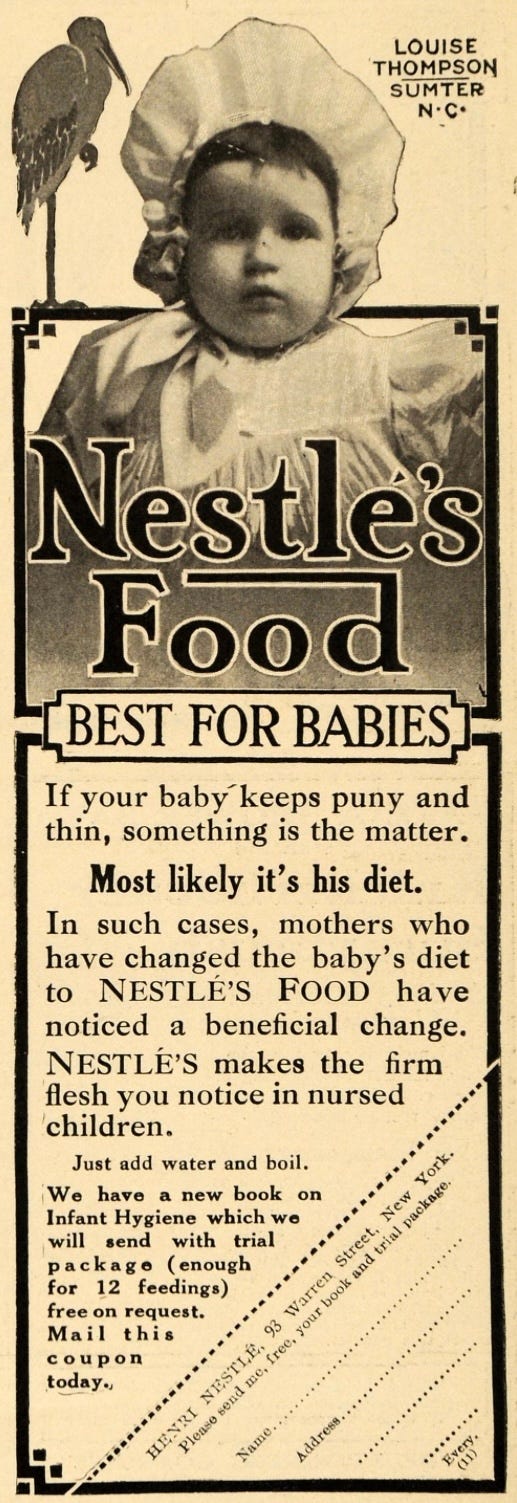
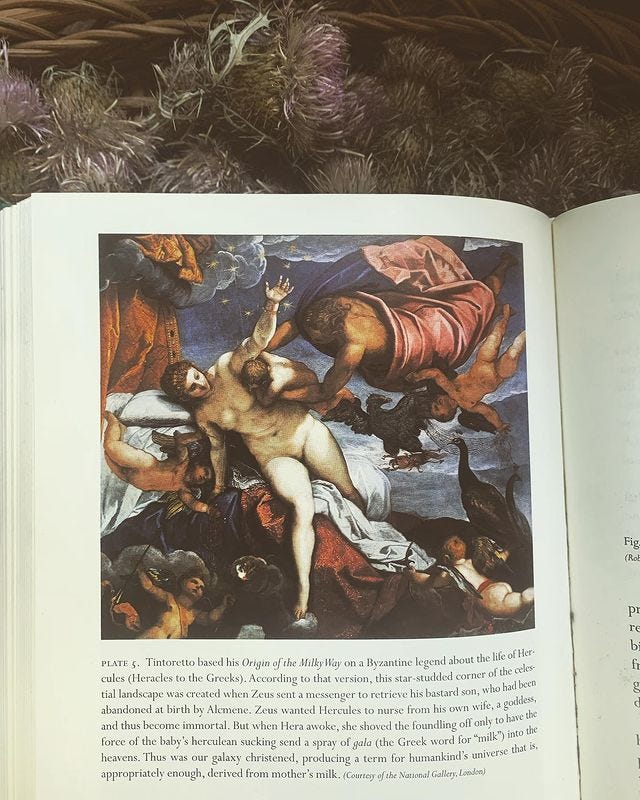



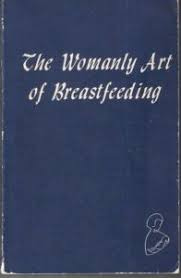
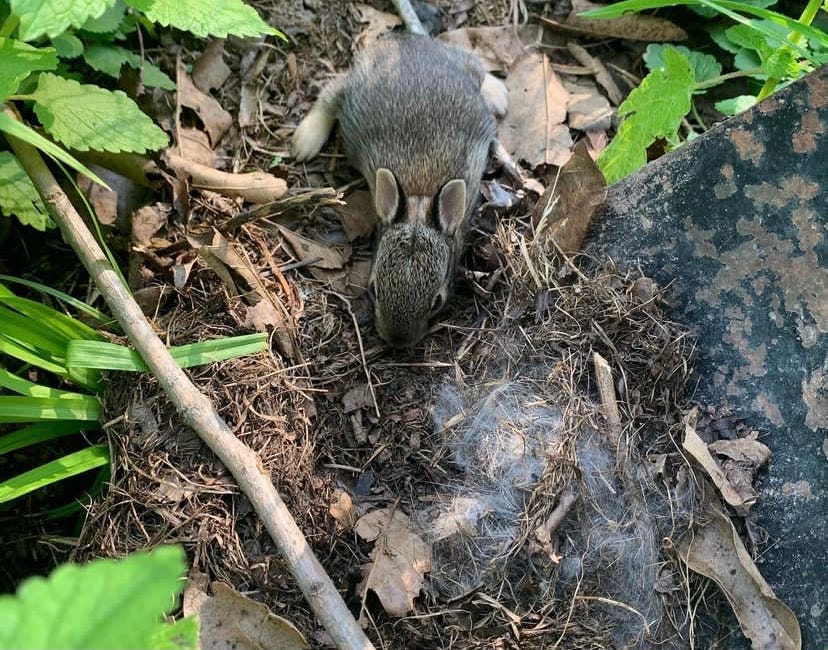
"We should think of babies not being given their breast milk as a tragedy." I remember seeing someone I went to high school with share a video during her pregnancy on why she's choosing not to breastfeed her next baby, and this was my immediate response: tragic. Tragic that you wouldn't even try, in the name of self-preservation, convenience and so-called empowerment.
I'm wrestling with a piece of writing right now about conversations I've had with my grandmothers about breastfeeding/how social views on it have changed over time. I find it so interesting how detached they are about it. They don't see the big deal, or how it would've made a difference, nor were they really given much of an option post-birth. They don't understand why we make such a fuss about infant feeding these days- and they're so convincing about it that I found myself taking a step back, asking myself: yeah, why do I care so much what other people do? But here it is: you've articulated it so clearly. Also, need to check out the Politics of Breastfeeding book, thanks for sharing that!
Reading this while nursing my 7 month old daughter feels just about right :)